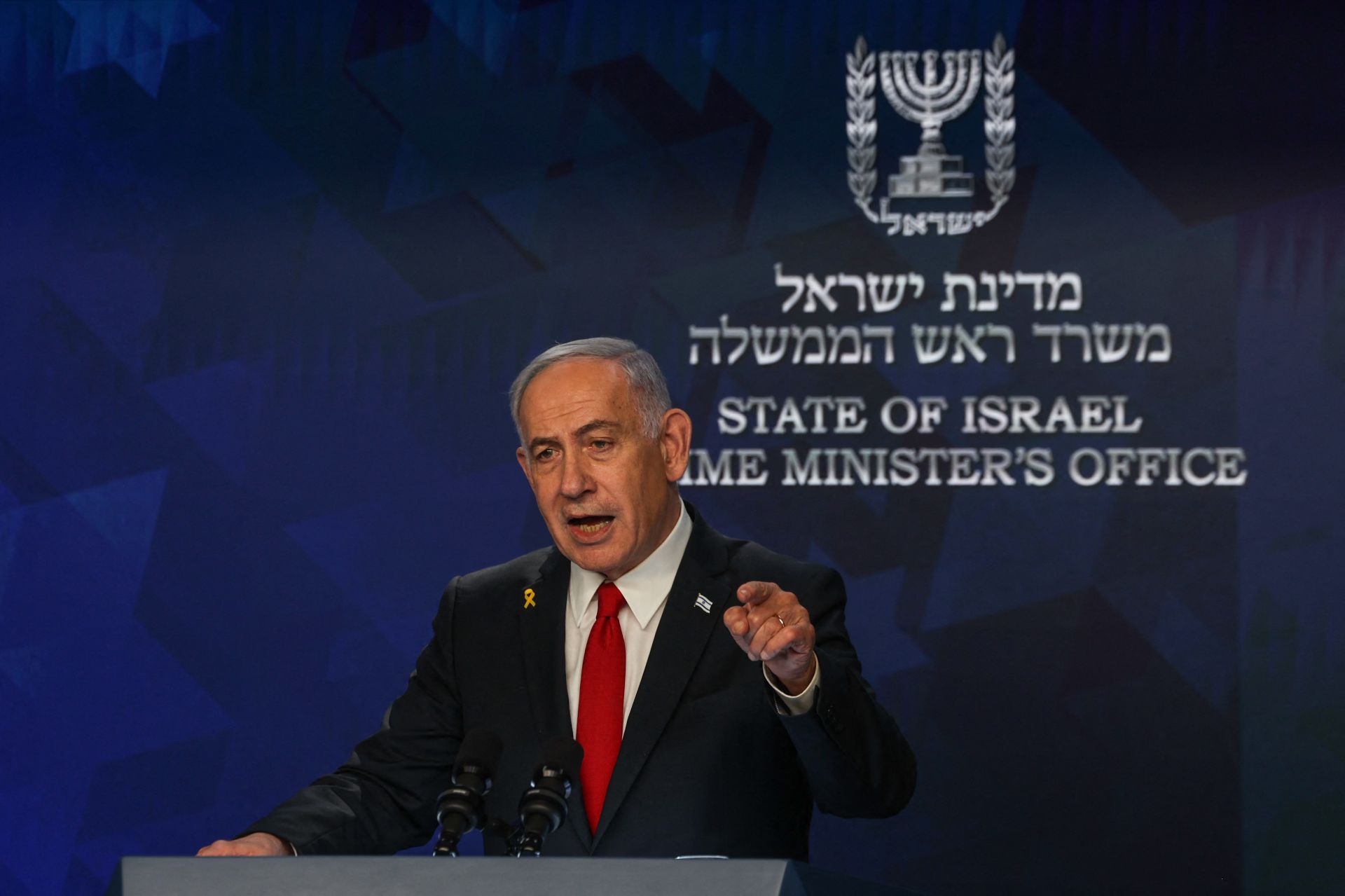- Home
- Middle East
- NYT: Israel Considered Strikes on Iran’s Nuclear Sites Amid Trump’s Push for Deal

Tensions are reportedly growing between Washington and Tel Aviv, according to a detailed report published on Wednesday by The New York Times. ©(Ronen Zvulun / AFP)
As the United States moves closer to a potential new nuclear agreement with Iran, tensions are reportedly growing between Washington and Tel Aviv, according to a detailed report published on Wednesday by The New York Times. The article outlines growing concern within the Israeli leadership, particularly from Prime Minister Benjamin Netanyahu over the direction of US diplomacy, and suggests that Netanyahu continues to advocate for preemptive military strikes on Iran’s nuclear facilities.
According to officials cited by The New York Times, Netanyahu has been pushing for unilateral Israeli action against Iran’s nuclear infrastructure, despite resistance from Trump, who remains focused on securing a deal. The article notes that this divergence has led to at least one tense phone call between the two leaders, as well as a series of high-level meetings in recent days between Israeli and US officials, including Mossad chief David Barnea and Israel’s Minister of Strategic Affairs Ron Dermer.
Netanyahu is reportedly concerned that Iran’s current strategic vulnerabilities – including weakened air defenses and setbacks to regional allies such as Hezbollah and Hamas – offer a fleeting window for military action. In contrast, Trump believes these vulnerabilities present an opportunity to negotiate from a position of strength, possibly leading to a more comprehensive agreement than the one brokered under the Obama administration in 2015.
The New York Times also revealed that Israel had been preparing to strike as early as this month, but was asked to hold back by the Trump administration. “Israel’s window to act is shrinking,” the article quotes one official as saying, reflecting growing impatience within Israeli leadership circles.
These behind-the-scenes developments are reportedly based on interviews with US, Israeli and European officials involved in the negotiations, who spoke to The New York Times under condition of anonymity due to the sensitive nature of the discussions.
However, in a statement issued on Wednesday morning, the office of Israeli Prime Minister Netanyahu denied the veracity of the claims presented in The New York Times report. In a post on X, Netanyahu’s office described the information as “fake news” without specifying which part was fake.
With Washington seemingly pursuing a diplomatic breakthrough and Israel advocating for a more forceful approach, the coming weeks may prove critical in determining how far apart the allies truly are, and what the future holds for the Iranian nuclear question.
Read more



Comments